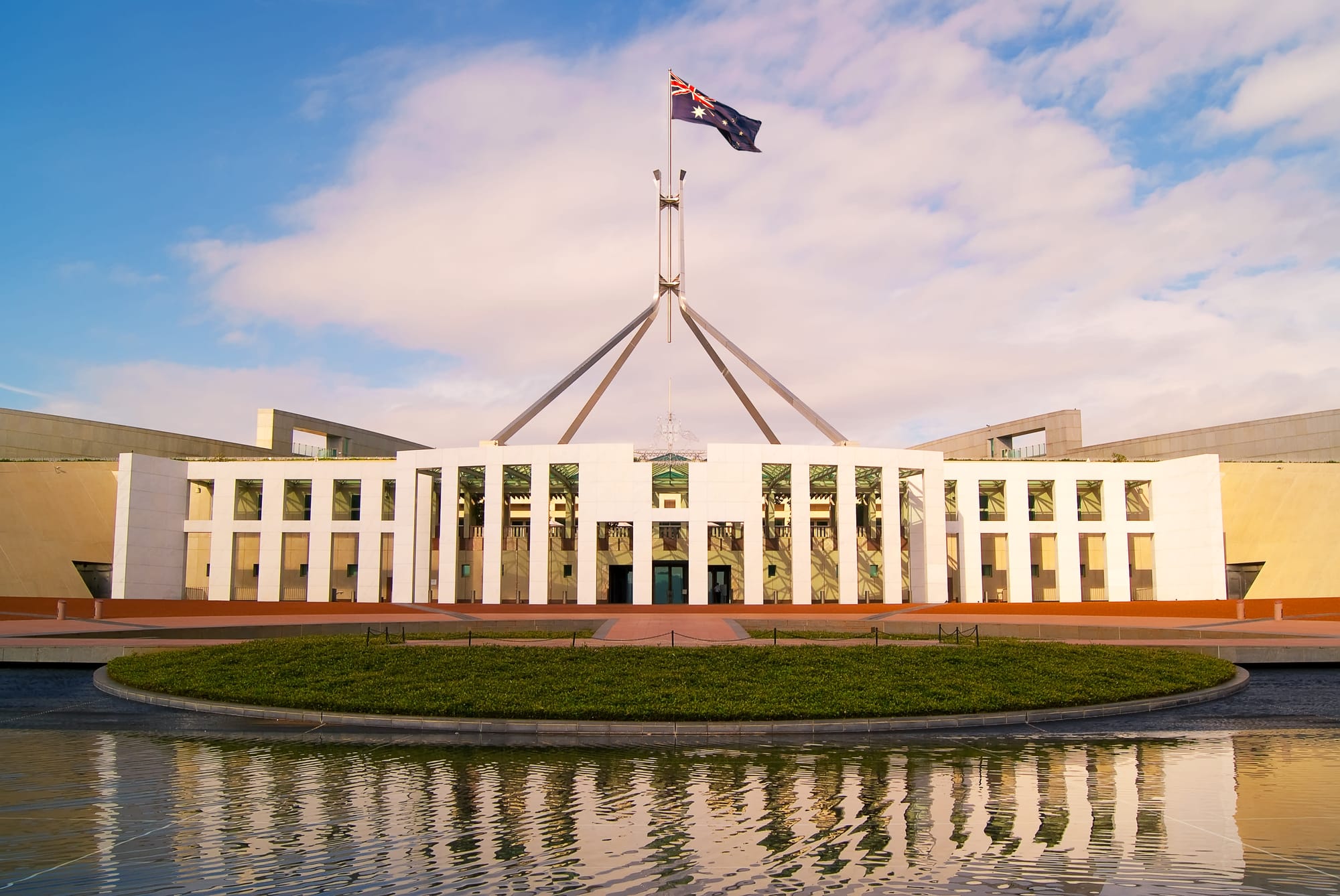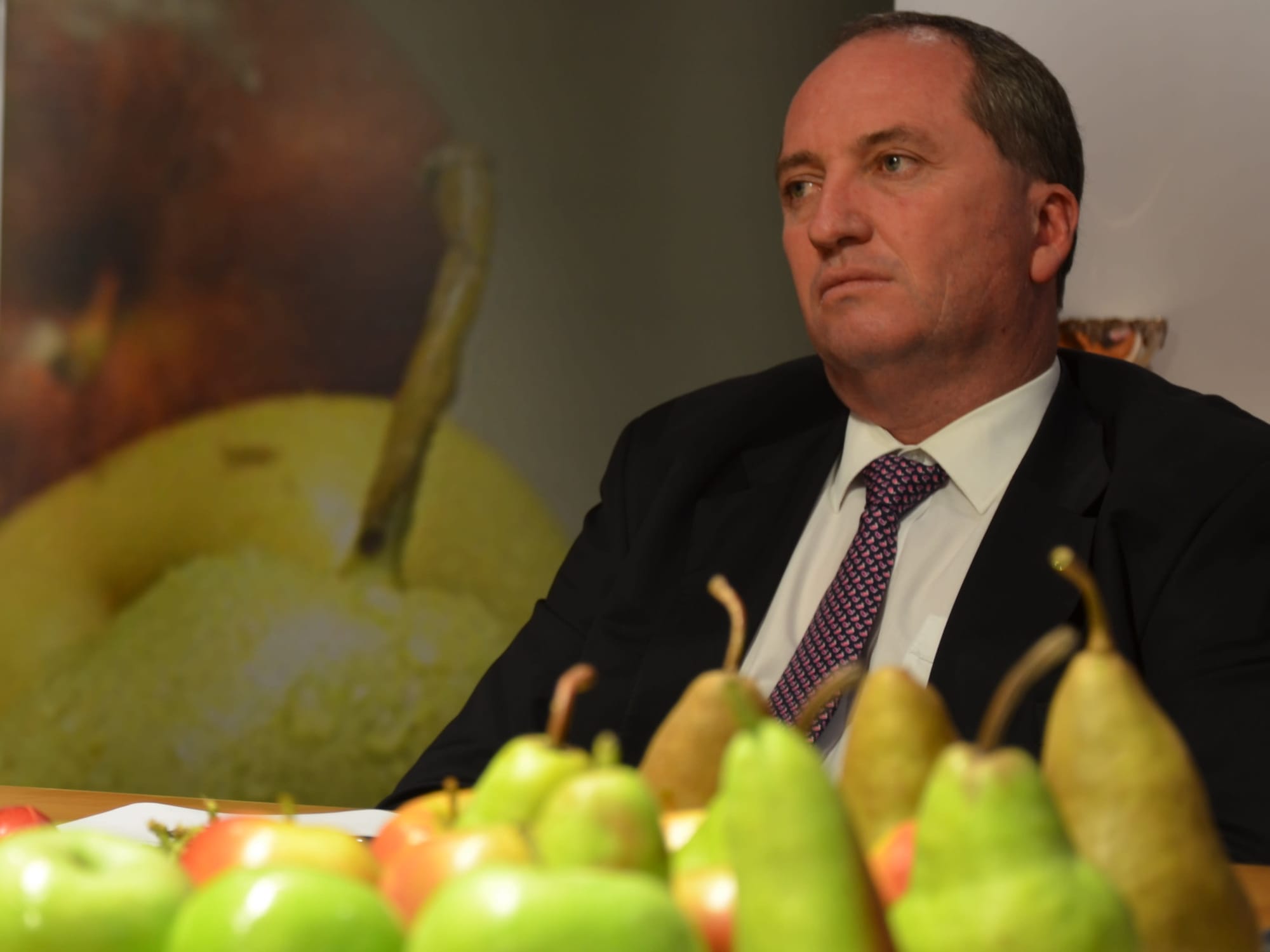
Unspoken assumptions about what it means to be a “real” Australian have been flushed out by the Constitutional crisis that has seen MPs ineligible to sit in Parliament because they hold dual citizenship, says Monash Law’s Associate Professor Patrick Emerton.
Nine federal parliamentarians so far have fallen from office, disqualified because, as dual citizens, they are in breach of Section 44 (i) of the Constitution.
More may soon join the fallen nine. Senators were required to make disclosures about their citizenship status by December 1, while lower house MPs will have until December 5. Any MPs found to have eligibility issues will be referred to the High Court.
The nine parliamentarians have British, New Zealand or Canadian heritage. Parliamentarians with non-Anglo heritage appear to have taken greater care to ensure their papers are in order.
Dr Emerton believes the crisis has the potential to deliver a positive outcome, if the racial dimension is openly discussed. “I think it tells us a lot about the continuing significance of race, Britishness, whiteness in Australian politics …
“At the moment, the debate in the press and the broadcast media has mostly taken the form – ‘why haven’t members of Parliament been able to get their gear together?’” he says.
Section 44 (i) sets out restrictions on who can be a candidate for federal parliament, including anyone who “is under any acknowledgement of allegiance, obedience, or adherence to a foreign power, or is a subject or a citizen or entitled to the rights or privileges of a subject or citizen of a foreign power”.
The provision serves two functions, Dr Emerton says. One is to avoid divided loyalties. The second is to avoid “the possibility of someone being brought under a duty to another country by virtue of their citizenship”. Conscription is one example.

The first time the High Court ruled on Section 44 (i) was on November 25, 1992, in the case of Sykes and Cleary. The court found that Greek-born ALP candidate Bill Kardimitsis and Swiss-born Liberal candidate John Delacretaz had been ineligible to stand in a by-election because they were dual citizens. “When they got into trouble, no one said we’d better change the Constitution,” Dr Emerton says.
“And Sam Dastyari is a very prominent and contemporary Senator who has spoken on many occasions about the many extreme steps he had to go through to renounce his Iranian citizenship – but no one said we have to change.
“Now that we have essentially a number of British/Commonwealth people, who have never had to grapple with the nature of their citizenship, or the nature of their Australianness, now that they get caught, everyone says it should get changed. I think there’s a very strong racialised dimension to that.”
When the Constitution became law in 1901, it did not distinguish between British and Australian citizenship. The date when the two nations separated is tricky to determine, Dr Emerton says – the latest date would be the passing of the Australia Act in 1986, and the earliest date would be the outbreak of WWII.
“These important citizenship cases have all taken place after 1986. So it’s been clear to anyone who pays any attention, certainly any member of Parliament, that if you have Commonwealth but not Australian ancestry … that is not going to stop you being a foreigner under section 44.”

The unfolding crisis, which began in August, has already seen the loss of two Government ministers (Nationals leader and Agriculture Minister Barnaby Joyce, right, and his deputy, the Minister for Regional Development Senator Fiona Nash). Seven Senators have also left the chamber. Barnaby Joyce regained the seat of New England in a by-election on December 2 and a second by-election will be held in Bennelong (John Alexander) on December 16.
The Government has a one seat majority. If Mr Alexander loses Bennelong, crossbenchers Rebecca Sharkie from the Nick Xenophon Team, and independent Cathy Mc Gowan will hold the balance of power.
In the meantime, there has been much speculation about the parliamentarians with doubtful citizenship who may come forward by the end of the first week in December. Most prominent among them is Energy Minister Josh Frydenberg, whose mother came to Australia from Hungary in 1950, at a time when Jews were legally considered “aliens”. A Hungarian law passed in 1993 sought to redress this by reinstating citizenship to Hungarians who had been wronged in this way – and also to their children.
“The status of a stateless Holocaust refugee generates a lot of moral sympathy,” says Dr Emerton, “but I think the Constitution is going to cut that down. If the media account of (Mr Frydenberg’s) citizenship entitlements are accurate, then I think he is ineligible” to hold parliamentary office.
Despite the angst it has caused, Dr Emerton does not believe Section 44 (i) will be changed. The Australian Constitution can only be changed by a referendum, and only when the proposed measure is agreed to by a majority of voters in a majority of states. Most Australian referendums fail. “It’s not where I would spend my political capital if I were prime minister,” he says.
If a referendum were to be held on the issue, he says he is not sure how he would vote. “It doesn’t strike me as having huge importance in the overall scheme of things,” he says. He can imagine a persuasive ‘no’ case arguing: “‘Look what needs to be done in the country and we’re doing this? Making it easier for privileged members of parliament to fill in their forms?’ There are other important constitutional questions of citizenship and Australian-ness that need to be addressed, starting with the recognition of Indigenous Australians.”
Patrick Emerton was an Associate Professor, Law at Monash University at the time of writing this article.





